Mitelli ‘Gioco di Passatempo’
Il Gioco di Passatempo contains 40 figurative playing cards depicting moral virtues and vices, dated 1690.
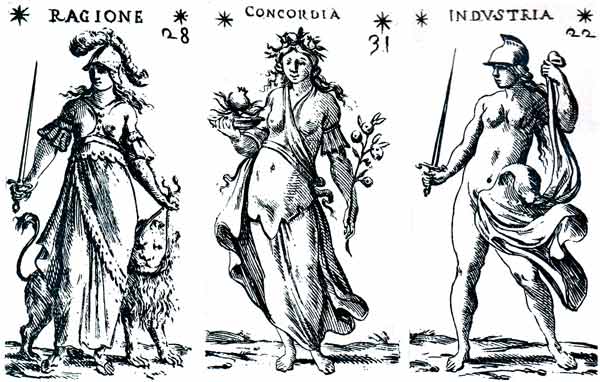
Giuseppe Maria Mitelli (1634-1718) designed and published at least 2 card games. The first was his pack of tarot cards, a new type of Tarocchini di Bologna published in 1664. The second was Il Gioco di Passatempo published in 1690.
Il Gioco di Passatempo contains 40 figurative playing cards of which 20 cards are ‘Trionfi’ (victories or ‘trumps’) representing virtues and arts, identified with a title and little stars at the top of each card. The remaining cards, ‘Cartazze’, represent not-so-virtuous traits (vices) such as envy, frivolity, deception and so on, identified with small black dots. These have lesser value in the game than the virtues. There are no suit cards. The stated object of the game is to win tricks and score more points than your opponent, but the 17th century showcase of moral values, beautifully depicted, is also very interesting, reminding players of their progress in moral development.
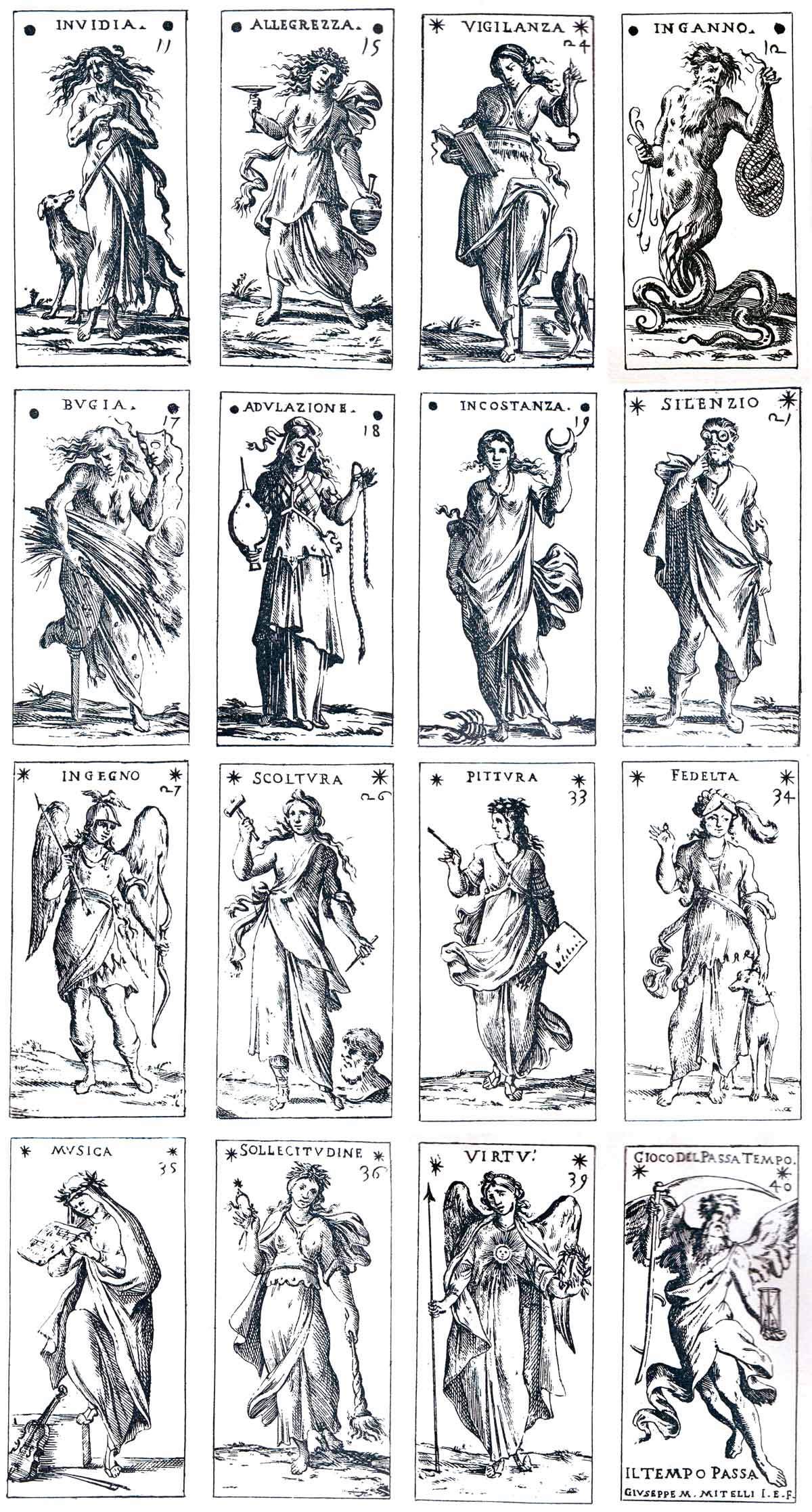
Above: Mitelli’s ‘Gioco di Passatempo’, 40 etchings (130 x 65 mm), 1690, republished as a limited edition facsimile by Vito Arienti, Edizioni del Solleone, 1972. Card no.40 ("Il Tempo Passa") is lettered "Gioco del Passa Tempo. Giuseppe M. Mitelli I. e F." Card no.20 contains the rules of the game, with the artist's name and the date. Card no.2 is dated 1690.
REFERENCES
• Tarot History website→ (also contains a translation of the rules)
By Simon Wintle
Spain • Member since February 01, 1996 • Contact
I am the founder of The World of Playing Cards (est. 1996), a website dedicated to the history, artistry and cultural significance of playing cards and tarot. Over the years I have researched various areas of the subject, acquired and traded collections and contributed as a committee member of the IPCS and graphics editor of The Playing-Card journal. Having lived in Chile, England, Wales, and now Spain, these experiences have shaped my work and passion for playing cards. Amongst my achievements is producing a limited-edition replica of a 17th-century English pack using woodblocks and stencils—a labour of love. Today, the World of Playing Cards is a global collaborative project, with my son Adam serving as the technical driving force behind its development. His innovative efforts have helped shape the site into the thriving hub it is today. You are warmly invited to become a contributor and share your enthusiasm.

Leave a Reply
Your Name
Just nowRelated Articles

Carte Romantiche Italiane
Scenes of life and the theatre in Milan towards the second half of the 19th century.
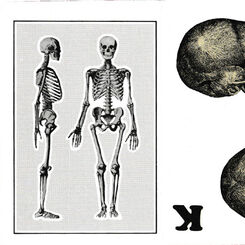
Carte Osteologiche
Skulls and bones of all descriptions have become the suits and pips in this 40-card pack from Italy....
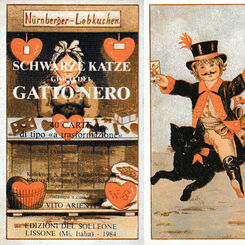
Schwarze Katze (or Gioco del Gatto Nero)
Reproduction of a 40-card transformation pack with designs by “WS”, adapted for the game of Black Ca...
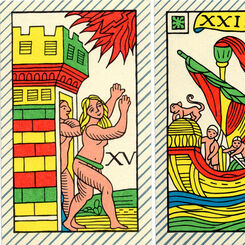
Minchiate Fiorentine
Minchiate Fiorentine created by Costante Costantini, published by Edizioni del Solleone.
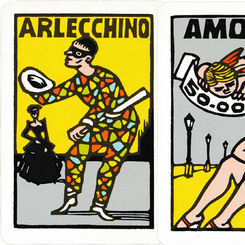
Il Mercante in Fiera del Solleone
Traditional Italian card game with bold designs by Costante Costantini.
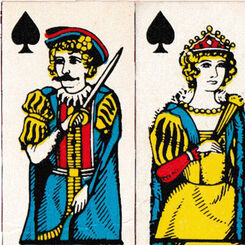
Italia playing cards
Small, narrow cards designed by Osvaldo Menegazzi, bearing a strong resemblance to a Swedish pattern...
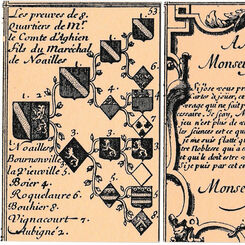
Carte Méthodique
Reproduction of a French pack by François Silvestre intended to teach heraldry, produced in Paris in...
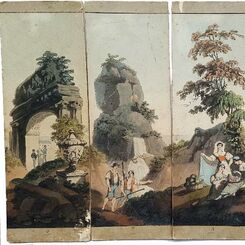
Myriorama
Myriorama of Italian scenery, 1824.
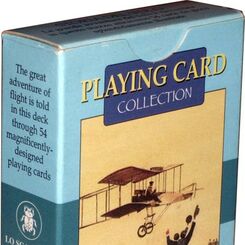
History of Flight
“History of Aviation” playing cards published by Lo Scarabeo (2003) in which every card carries a pa...
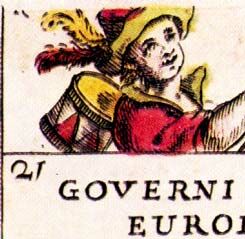
L’Utile col Diletto
Geographical and Heraldic Tarocchi cards from Bologna, 1725.

Portuguese pattern
19th century Portuguese pattern, re-printed from original woodblocks.
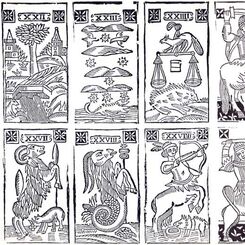
Minchiate Fiorentine, 17th C.
17th century Minchiate cards reprinted from the original woodblocks.
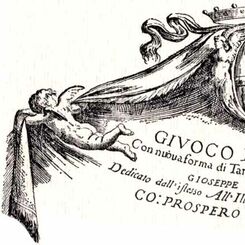
Mitelli Tarocchini
The title refers to “a new form of Tarocchini”. Mitelli's designs are to a high standard of artistic...

Corona Ferrea
Trumps depict historical scenes primarily of the political period known as the Holy Roman Empire fro...

Piedmont Pattern
The Piedmont pattern is a very close relative to the French 'Paris' pattern. The courts are not name...

Minchiate Fiorentine
The Florentine game of Minchiate is played with a pack of 97 cards. The subjects and arrangements of...
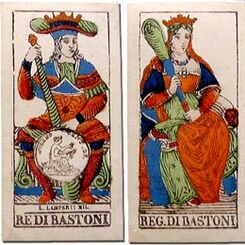
Tarocco Milanesi by Lamperti (Milan) c.1850
Tarocco Milanesi by Lamperti (Milan) c.1850

Sardinian playing cards
Sardinian playing cards.
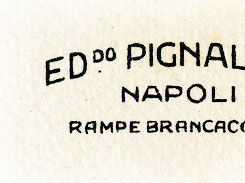
Small Tuscan Pattern
Small Tuscan Pattern
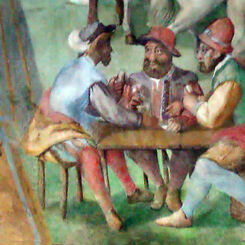
Italian Playing Cards
The first reliable evidence that playing cards were being used in Italy is from 1376, when a game ca...
Most Popular
Our top articles from the past 60 days


 Your comment here. Your comment here. Your comment here. Your comment here. Your comment here. Your comment here. Your comment here. Your comment here. Your comment here. Your comment here. Your comment here. Your comment here. Your comment here. Your comment here. Your comment here. Your comment here. Your comment here. Your comment here. Your comment here. Your comment here. Your comment here. Your comment here. Your comment here. Your comment here. Your comment here. Your comment here. Your comment here. Your comment here. Your comment here. Your comment here. Your comment here. Your comment here.
Your comment here. Your comment here. Your comment here. Your comment here. Your comment here. Your comment here. Your comment here. Your comment here. Your comment here. Your comment here. Your comment here. Your comment here. Your comment here. Your comment here. Your comment here. Your comment here. Your comment here. Your comment here. Your comment here. Your comment here. Your comment here. Your comment here. Your comment here. Your comment here. Your comment here. Your comment here. Your comment here. Your comment here. Your comment here. Your comment here. Your comment here. Your comment here.




















